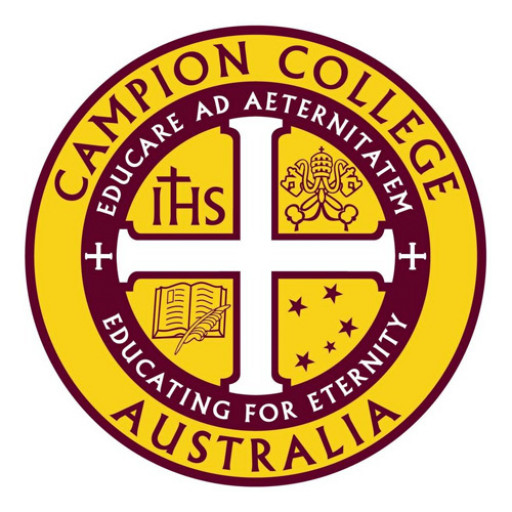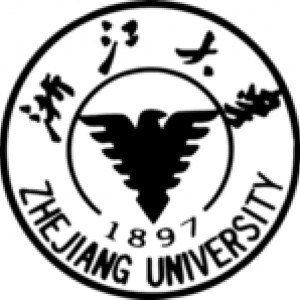Photos of university / #universityofkansas
The Child Language program at the University of Kansas offers an in-depth exploration of language acquisition, development, and disorders in children. Designed for students interested in understanding the foundational aspects of how children learn to speak, comprehend, and use language in various contexts, this program combines theoretical knowledge with practical applications. Throughout the coursework, students examine phonological, morphological, syntactic, and semantic aspects of child language, alongside cognitive and social factors influencing language development. The program emphasizes current research methodologies and analytical techniques essential for studying linguistic phenomena in young children. Students also have opportunities to engage in hands-on research projects, internships, and collaborations with speech-language pathologists, fostering a comprehensive understanding of language delay, disorders, and intervention strategies. The curriculum includes courses on language acquisition theories, bilingualism, speech development, and assessment techniques, preparing graduates for careers in speech-language pathology, early childhood education, research, and related fields. Faculty members are distinguished experts dedicated to advancing knowledge in child language development and disorders. The program supports a collaborative learning environment, encouraging student participation in seminars, conferences, and community outreach programs. By the end of the program, students will be equipped with the skills and knowledge necessary to contribute to research, clinical practice, and policy related to child language development, making a positive impact on children's communication skills and overall well-being.
Ph.D. post-master’s requirements include a minimum of 47 additional graduate credit hours. These should include at least 8 hours of additional core courses, 18 hours of additional supplemental courses, 9 hours of additional statistical and methodological courses, and a minimum of 6 hours of dissertation. Continuous enrollment in the proseminar is required.
After completing the research skills requirement and the major portion of the course work, the doctoral student must pass a written preliminary examination and a comprehensive oral examination. The written examination covers 4 areas:
- Language acquisition,
- Psycholinguistics,
- Developmental psychology,
- Disordered language development or language intervention.
The comprehensive oral examination covers the major field, taking one of 5 forms:
- A defense of the written preliminary examinations,
- A defense of a completed research project,
- A prospectus for a future research project,
- A discussion of a major review paper, or
- A review of a research grant proposal and a simulated site visit defense of the proposal.
All doctoral students are expected to complete a dissertation and complete a successful defense of the dissertation.
All students are expected to be engaged continuously in research on child language. Research involvement is documented with appropriate enrollment in research, thesis, and dissertation credit hours, and in the proseminar in child language.
Students must submit 3 letters of recommendation, 1 copy of all undergraduate and graduate transcripts, and scores from the Graduate Record Examination (verbal, quantitative, analytical). Applicants should have earned bachelor’s degrees that include course work in linguistics, psychology, speech pathology, and statistics with minimum grade-point averages of B. Preference is given to those with master’s degrees in linguistics, psychology, education, special education, speech and hearing sciences, molecular biosciences, genetics, or to applicants with relevant post-baccalaureate work experience. No one is admitted for a terminal M.A. degree. Admission materials are reviewed by a subcommittee of the CLDP faculty. The admissions committee supervises the admission process and recommends applicants for admission.
The Doctoral Student Research Fund is designed to support KU doctoral students on the Lawrence Campus who need assistance to carry out research that advances progress toward the degree. A doctoral student is eligible to apply for up to two awards during their graduate program, one before doctoral candidacy (up to $1500) and one as a candidate (up to $2000).
The Child Language program at the University of Kansas is designed to provide students with comprehensive knowledge and understanding of language development in children. The program explores various aspects of child language acquisition, including phonology, morphology, syntax, semantics, and pragmatics, with a focus on understanding how children develop their language skills from infancy through childhood. Students in this program gain insights into typical language development as well as challenges faced by children with speech and language disorders. The curriculum combines theoretical foundations with practical applications, preparing students for careers in speech-language pathology, linguistics, special education, or related fields. The program emphasizes research-based approaches to assessing and supporting language development in children, incorporating hands-on experiences through internships and practicum placements. It also explores the role of social, cognitive, and environmental factors influencing language acquisition. Faculty members are experts in child language development, offering mentorship and guidance to students. Graduates of the program are equipped with the skills necessary for clinical practice, research, or further graduate studies. In addition, the program may also include coursework or seminars on bilingual language development, linguistic diversity, and the impact of technology on language learning. The University of Kansas's Child Language program aims to foster a deep understanding of the complexities of language development in children and to prepare students to contribute meaningfully to the field through research, clinical work, or policy. Students interested in this field are encouraged to engage in various extracurricular activities, such as attending conferences, joining specialized student organizations, and collaborating on research projects to enhance their learning experience. Overall, the program provides a solid foundation for understanding the intricacies of how children acquire and use language, supporting students in making a positive impact on children's lives through scholarship, clinical practice, or advocacy.







